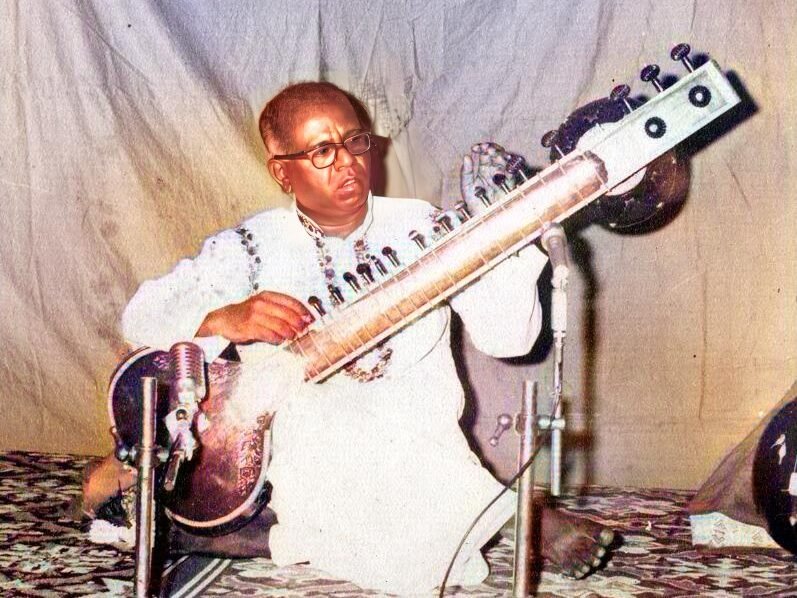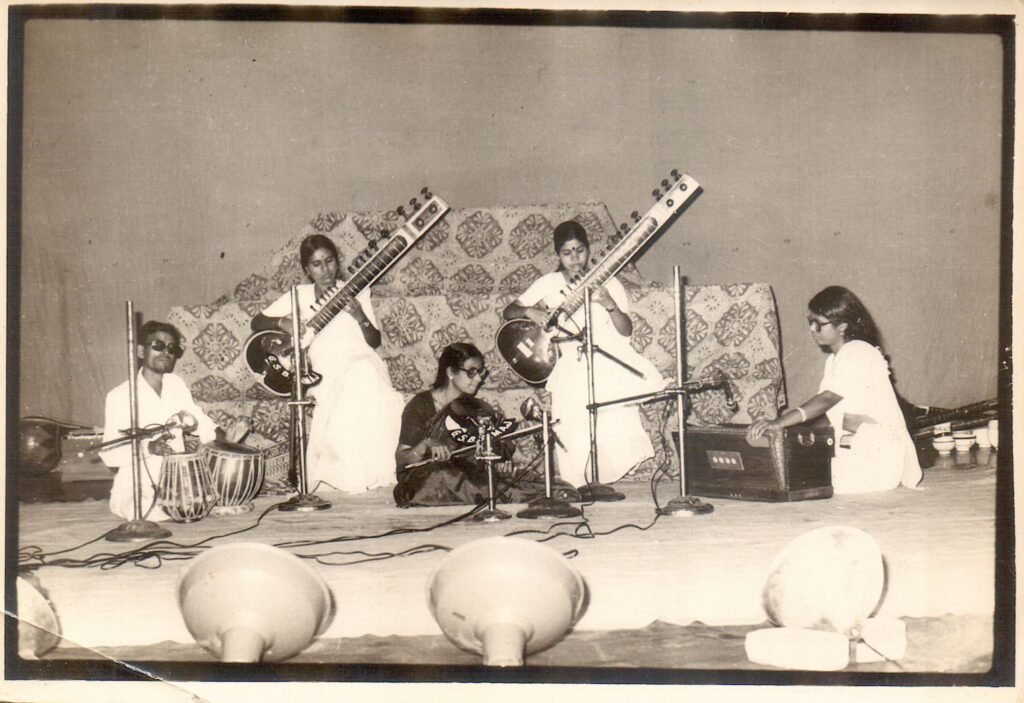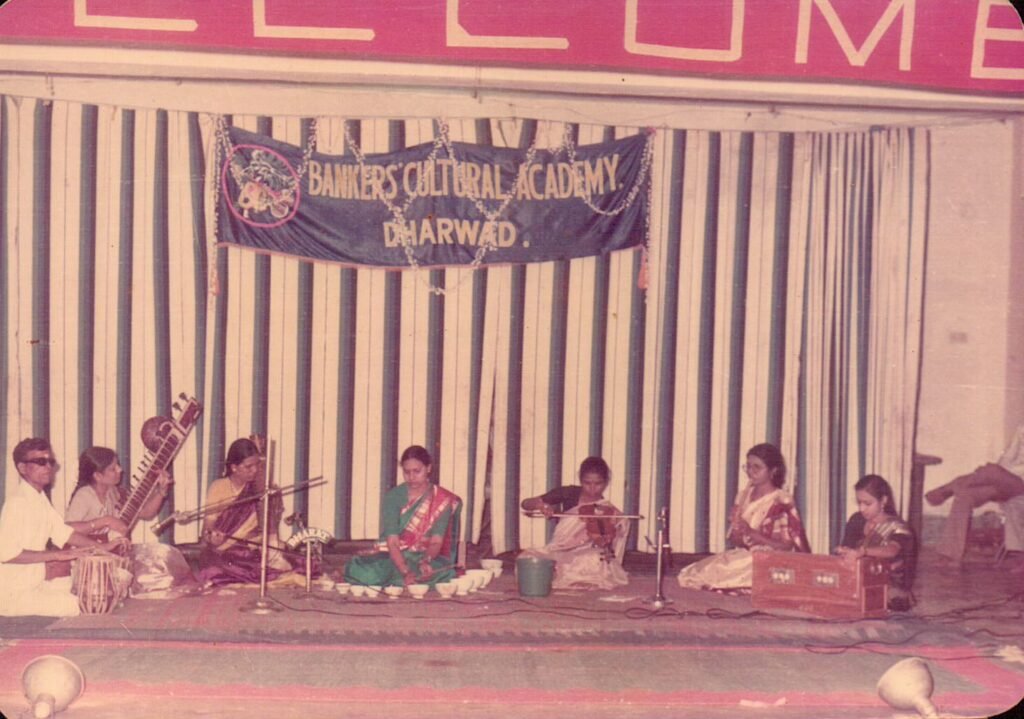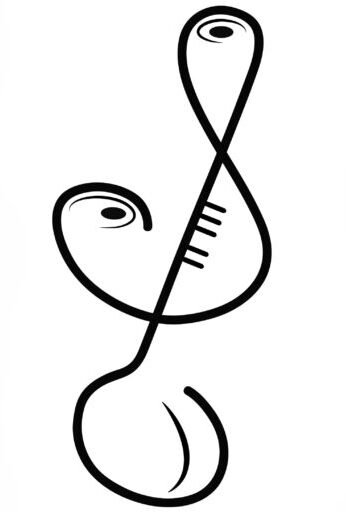
Pandit D. R. Warang was a highly respected figure in the world of Hindustani classical music, known for his immense contributions as a music educator. Rooted in the Gwalior gharana, he upheld the rich traditions of classical music while inspiring hundreds of students and aficionados with his mastery and dedication. A distinguished artiste, Pt. Warang had a profound command over the nuances of raga rendering, blending technical precision with emotive expression. His methodical approach to music education emphasized both theoretical knowledge and rigorous practice, helping his students excel in the art form.
Pt. D. R. Warang’s legacy continues through his daugther Smt. Sharada Jadhav, Vid. Shashikala Dani, son Dr. Dnyaneshwar Warang, grand-daughter Shubhangi Jadhav and grand-son Sugnan Dani. His legacy continues to inspire, making him a beacon of excellence and dedication in Indian classical music. His unwavering commitment to preserving and propagating Hindustani classical music earned him widespread acclaim and respect in the music community.
Biography
Pt. D.R. Warang inherited his musical talent from his father, Pt. Ramachandra Warang, a distinguished Mridanga artist rooted in the Varkari tradition. As a child, Pt. Warang was profoundly inspired by a Hindustani classical vocal performance by Pt. Shankar Jantali of Hubballi. This transformative experience led him to abandon formal academics and dedicate himself entirely to music. He became a devoted disciple of Pt. Shankar Jantali, immersing himself in Hindustani vocal music under his tutelage. Later, Pt. Ramachandra Jantali, the son of his guru, also guided his musical journey.
Pt. Warang expanded his musical horizons by learning the sitar under Ustad Khursid Mirajkar of Pune and developed an interest in tabla through Ustad Kamal Saheb of Hubballi. The core classical training he received from these maestros inspired him to explore a range of instruments, including the harmonium, bansuri, violin, and rare instruments like the dilruba and jaltarang.





A visionary in music education, Pt. Warang was among the pioneers who made traditional music accessible to the public in Hubballi. He formalized this endeavor through his institute, Swara Sadhana Sangeeta Vidyalaya, where he trained hundreds of students in vocal music and a variety of instruments such as the jaltarang, sitar, tabla, harmonium, bansuri, violin, and dilruba. The institute’s annual grand event became a highlight, showcasing exceptional performances by his students. Pt. Warang was a trailblazer in organizing classical music orchestras, which became a hallmark of his musical events. Under his direction, students collaborated across various instruments, seamlessly blending their skills to create mesmerizing symphonies that captivated audiences and celebrated the rich tapestry of classical music.
Beyond his roles as a performer and teacher, Pt. Warang made significant contributions to Hindustani classical music through his deep understanding of raga and laya. He composed hundreds of original works spanning classical, semi-classical, and light music genres. His legacy is a rich repository of compositions and knowledge, a treasure for future generations of music enthusiasts and practitioners.
